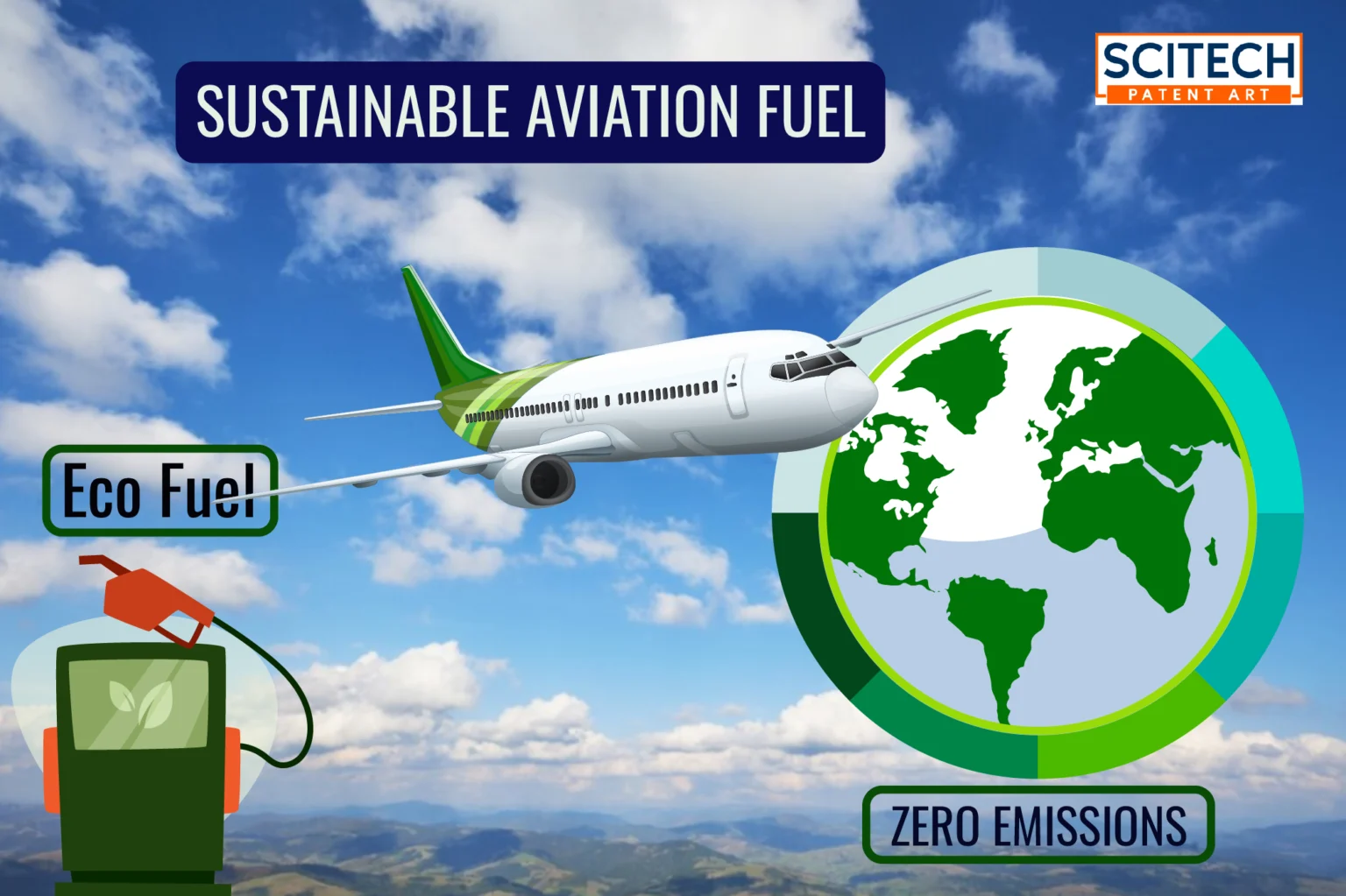Një Hap i Rëndësishëm Drejt Aviacionit të Gjelbër
Industria e aviacionit po kalon një transformim të madh për të ulur emetimet e karbonit dhe për ta bërë transportin ajror më të qëndrueshëm. Spanja ka filluar tashmë të përdorë bio-kerosene të prodhuar nga vaji i përdorur i kuzhinës si alternativë ndaj karburanteve tradicionale të aviacionit. Ky zhvillim shënon një hap të rëndësishëm drejt uljes së ndotjes dhe rritjes së qëndrueshmërisë në këtë sektor.
Si prodhon Spanja Bio-Kerosene nga Vaji i Kuzhinës?
Përpunimi i vajit të përdorur të kuzhinës për të krijuar bio-kerosene bëhet në rafineritë që janë përshtatur për prodhimin e karburanteve të rinovueshëm. Një nga kompanitë kryesore spaniole në këtë fushë është CEPSA, e cila ka filluar të prodhojë bio-karburante për aviacion si pjesë e angazhimit të saj për energji të pastër.
Ky proces përfshin filtrimin, pastrimin dhe përpunimin e vajit për të krijuar një karburant që mund të përdoret në aeroplanë pa nevojë për modifikime teknike të motorëve të tyre. Ky lloj bio-karburanti njihet si SAF (Sustainable Aviation Fuel) dhe mund të përzihet me kerosenën tradicionale për të ulur ndjeshëm emetimet e karbonit. Analizat tregojnë se përdorimi i bio-kerosenes mund të ulë ndotjen e karbonit deri në 80% krahasuar me karburantet fosile.
Investimet e Emirates në Energjinë e Gjelbër të Aviacionit
Një nga mbështetësit kryesorë të kësaj kalimi në Spanjë është ADNOC (Abu Dhabi National Oil Company), kompania kombëtare e naftës e Emirateve të Bashkuara Arabe. ADNOC ka investuar në projekte për zhvillimin e bio-karburanteve në Evropë dhe synon të bëhet lider në këtë industri të re. Këto investime janë pjesë e strategjisë globale të Emirateve për diversifikimin e burimeve të energjisë dhe për të hyrë në tregun e karburanteve të qëndrueshëm.
Spanja është një nga vendet e para në Evropë që po implementon gjerësisht këtë teknologji, me synimin të bëhet një qendër për prodhimin dhe përdorimin e SAF. Qeveria spanjolle dhe Bashkimi Evropian po inkurajojnë përdorimin e bio-karburanteve për të arritur objektivat e uljes së emetimeve të karbonit dhe për të reduktuar ndikimin mjedisor të aviacionit.
Pse është Ky Zhvillim i Rëndësishëm?
Aviacioni është një nga sektorët më ndotës në botë, duke kontribuar rreth 2-3% të totalit të emetimeve të CO₂. Deri tani, opsionet për ta bërë këtë sektor më të pastër kanë qenë të kufizuara. Elektrifikimi i aeroplanëve është ende në faza eksperimentale dhe mund të duhen dekada për t’u zbatuar plotësisht. Për këtë arsye, bio-karburantet janë zgjidhja më e shpejtë dhe më e mundshme për të reduktuar ndotjen në aviacion.
Përdorimi i bio-kerosenes nga vaji i përdorur i kuzhinës ka disa përparësi:
- Ul varësinë nga karburantet fosile, duke reduktuar ndotjen dhe çmimet e paqëndrueshme të naftës.
- Ndihmon në menaxhimin e mbeturinave, duke kthyer vajin e përdorur në një burim energjie të vlefshëm.
- Është kompatibël me infrastrukturën ekzistuese, që do të thotë se mund të përdoret menjëherë pa investime të mëdha në modifikimin e motorëve të aeroplanëve.
A Do të Kemi Fluturime Plotësisht me Bio-Karburant?
Aktualisht, bio-kerosene përzihet me kerosenën e zakonshme për të siguruar performancë optimale të motorëve të aeroplanëve. Megjithatë, ekspertët parashikojnë se në dekadën e ardhshme, përqindja e bio-karburanteve në aviacion do të rritet ndjeshëm. Bashkimi Evropian ka vendosur objektiva të detyrueshme për përdorimin e SAF, duke kërkuar që deri në vitin 2030 të paktën 10% e karburantit të aviacionit të jetë i qëndrueshëm, dhe kjo përqindje pritet të rritet më tej në vitet pasuese.
Përdorimi i bio-kerosenes nga vaji i kuzhinës në Spanjë është një hap i madh drejt aviacionit të qëndrueshëm. Me mbështetjen e investitorëve të fuqishëm si ADNOC dhe qeverive evropiane, kjo teknologji mund të bëhet standardi i së ardhmes për fluturime me ndikim të ulët në mjedis.
Ky zhvillim tregon se kalimi drejt energjisë së pastër nuk është më një ide e largët, por një realitet që po ndodh tani. Nëse kjo tendencë vazhdon, së shpejti do të kemi fluturime që nuk ndotin atmosferën në të njëjtën masë si sot, duke e bërë botën më të pastër dhe më të qëndrueshme.




